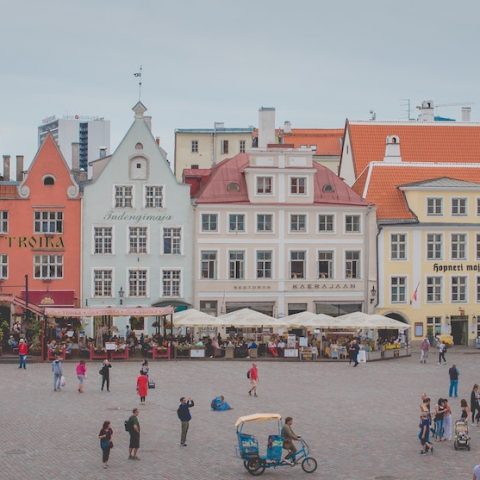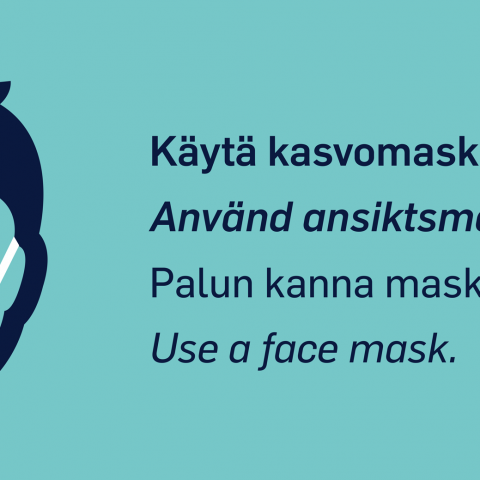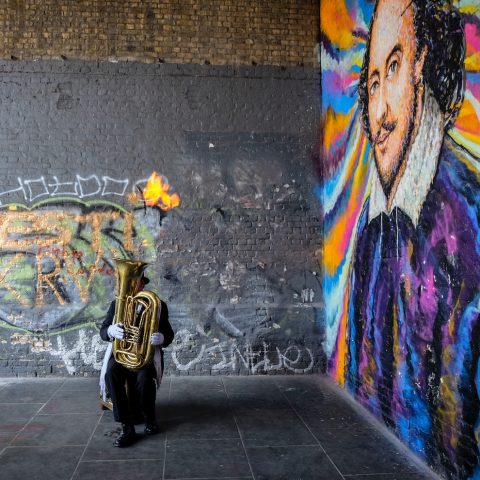Work, wellbeing and communication in the globalising and digitalising world (WoWeC)
The COVID 19 pandemic has brought to the fore significant societal challenges that concern individuals, as well as the public and private sector. These challenges point to underlying issues which have become more relevant and need to be tackled to ensure the wellbeing of our communities.
On the one hand, the changing nature of work raises questions about which work is deemed essential and valuable and how class, gender, mobility opportunities and educational background, skills and competencies feed into the new ways of working and how the new opportunities could best benefit the economy and livelihoods. Furthermore, while work has become increasingly digitalised in recent decades, the COVID-19 pandemic has further accelerated this trend by normalising various types of remote working as well as platform mediated work. These new ways of working might be liberating for some, but at the same time, they reveal inequalities between different groups of different employment statuses and about equal accessibility to technological tools.
On the other hand, recent events have highlighted the deficiencies in the inclusion of particularly vulnerable groups such as migrants or ethnolinguistic minorities within a multicultural and multilingual society. Moreover, the current crisis has shown that their exclusion or the absence of effective communication between them and public and private institutions has repercussions for society as a whole. In this regard, the inclusion of migrant communities in the labour market and in their workplace is particularly relevant, as frequently, and this is especially the case for the so-called “new migrants”, their work is the strongest – and sometimes the only– bond to their host country.
This interdisciplinary working cluster will bring together the competencies of sociologists, geographers, educational, policy, migration, communication and other researchers to map the new challenges and opportunities at the workplace and in society in relation to the population’s wellbeing. It will pay particular attention to the effects of the accelerated digitalisation of work, and to aspects of equality and inclusion of vulnerable communities. For that purpose, our cluster will work, among others, on the following topics:
● Inequalities, well-being and skills in the digitalisation of work
● Intercultural communication
● Challenges to workplace learning
● Migrant inclusion and equality
Funding and duration of the project
The cluster Work, wellbeing and communication in the globalising and digitalising world (WoWeC) has been funded by Tallinn University Research Fund with 100.000 euro. It has a duration of two years and will be implemented between April 2022 and March 2024.
Coordinator
Katri-Liis Lepik
Co-coordinators
Tanya Escudero
Eeva Kesküla
Krista Loogma
Anastassia Zabrodskaja
Kadi Liik




